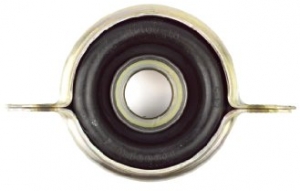-
Welcome to Tacoma World!
You are currently viewing as a guest! To get full-access, you need to register for a FREE account.
As a registered member, you’ll be able to:- Participate in all Tacoma discussion topics
- Communicate privately with other Tacoma owners from around the world
- Post your own photos in our Members Gallery
- Access all special features of the site
Gravel Driveway or Asphalt ? Rust Prevention
Discussion in '1st Gen. Tacomas (1995-2004)' started by retnev, Jan 15, 2021.
Page 1 of 2
Page 1 of 2


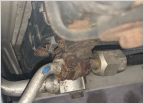 What part is this? AC/Condenser Line Connection
What part is this? AC/Condenser Line Connection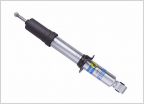 How could I level out my stock height 2001 tacoma 2wd?
How could I level out my stock height 2001 tacoma 2wd?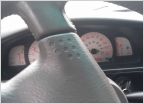 Truck has no power and hesitates...help!
Truck has no power and hesitates...help!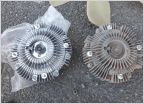 Fan clutch
Fan clutch Front Struts on a 2003 DC PreRunner
Front Struts on a 2003 DC PreRunner



































































